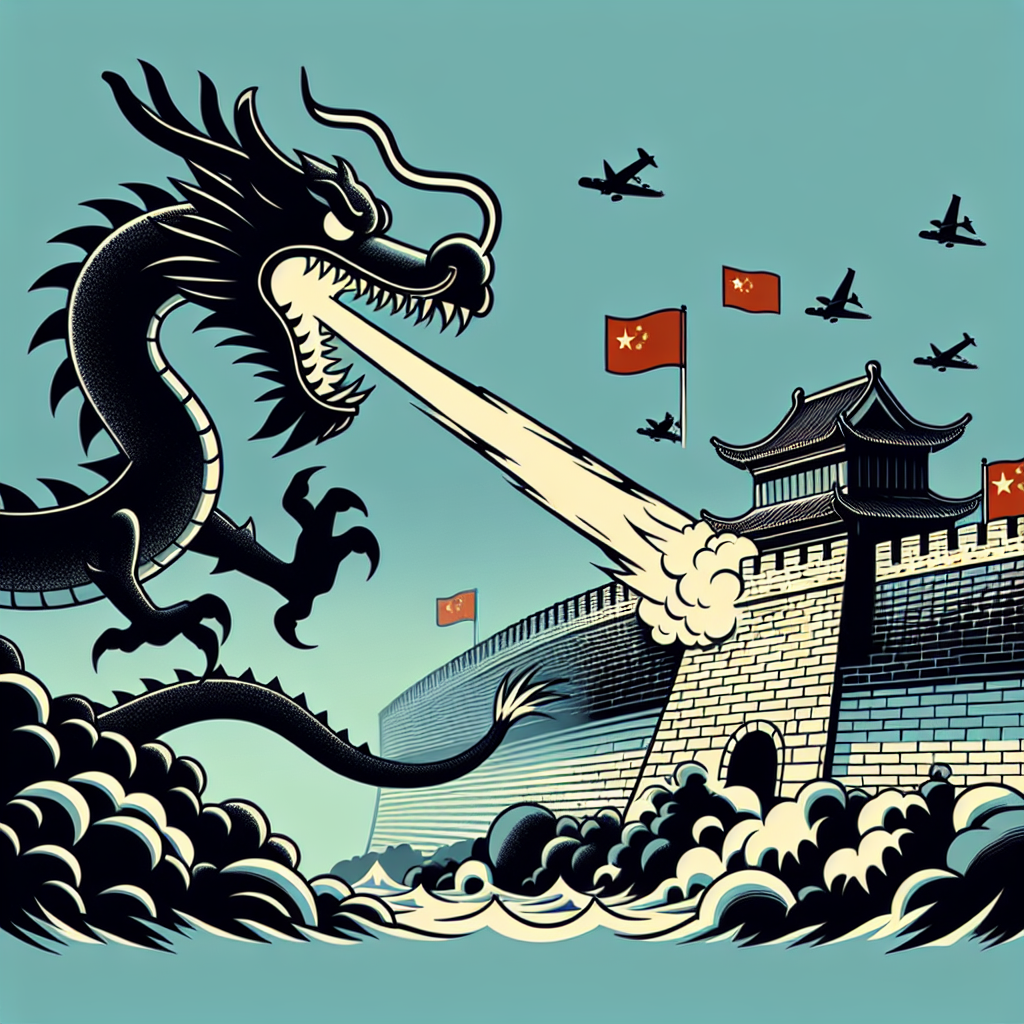China's Tariff Retaliation: A Shift Towards Brazilian Agricultural Imports
China has imposed steep tariffs on U.S. agricultural products, notably soybeans, fueling a shift toward Brazilian imports. This retaliatory measure, following U.S. tariffs, could significantly impact the American export market. As tensions rise, Europe may also impose tariffs, potentially benefiting Brazil, Argentina, and Australia in the global market.

In a decisive move against recent U.S. tariffs, China announced hefty counter-duties on American agricultural products, which may hasten its pivot towards Brazilian suppliers. The new duties of 34% come atop existing tariffs, further complicating U.S. export efforts.
The Chicago Board of Trade's key soybean contract dropped significantly, reflecting fears of dwindling U.S. agri-exports. With major buyers like Europe considering similar tariffs on American soybeans, the spotlight has shifted towards Brazil's robust agricultural sector.
The evolving trade landscape hints at a bearish scenario for U.S. agriculture while boosting prospects for other regions like Brazil and Argentina. In response, China has canceled import permissions from certain U.S. companies, citing safety concerns.
(With inputs from agencies.)
- READ MORE ON:
- China
- U.S. tariffs
- soybeans
- agriculture
- Brazil
- trade war
- tariffs
- import
- suppliers
- Europe










